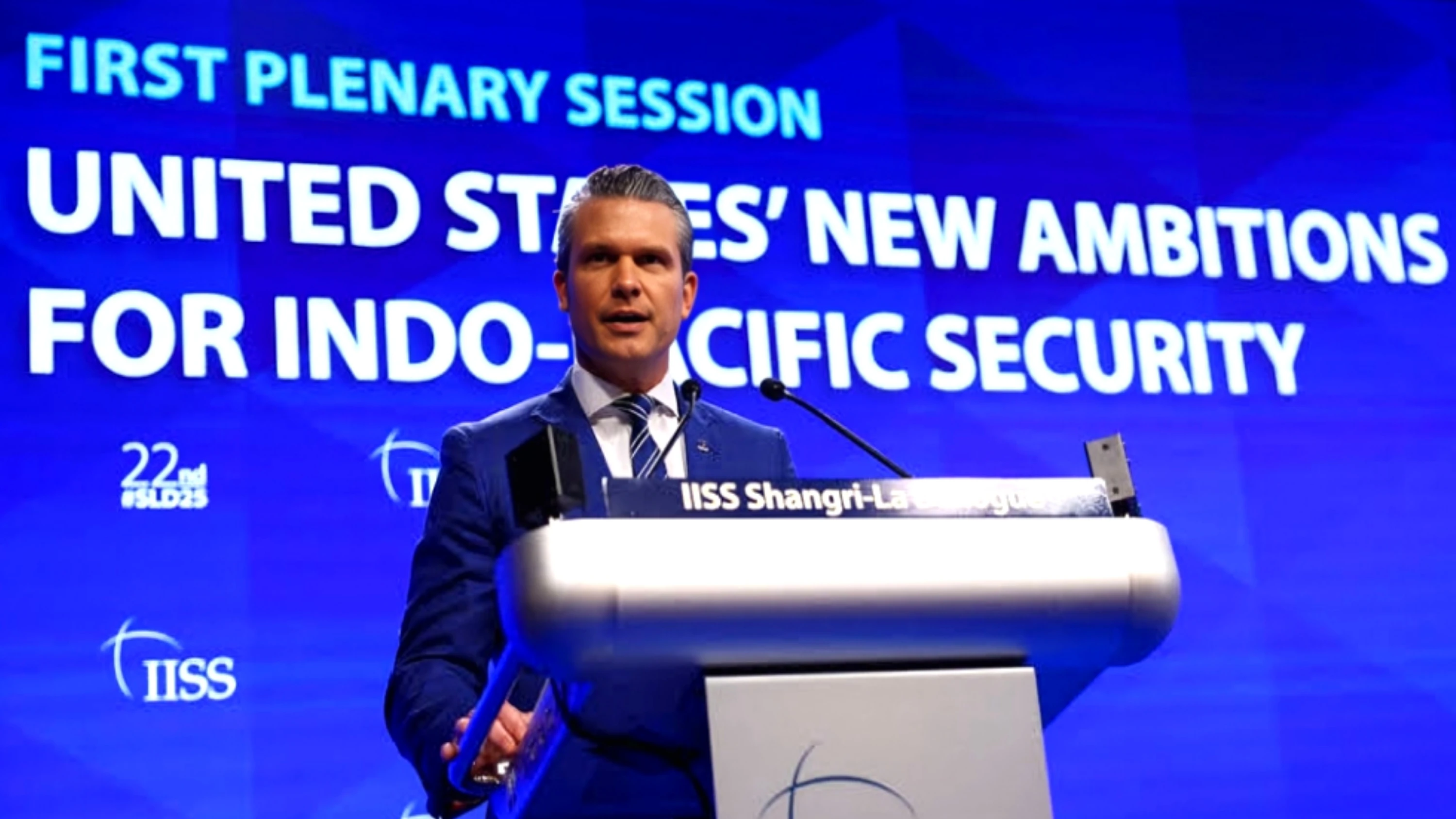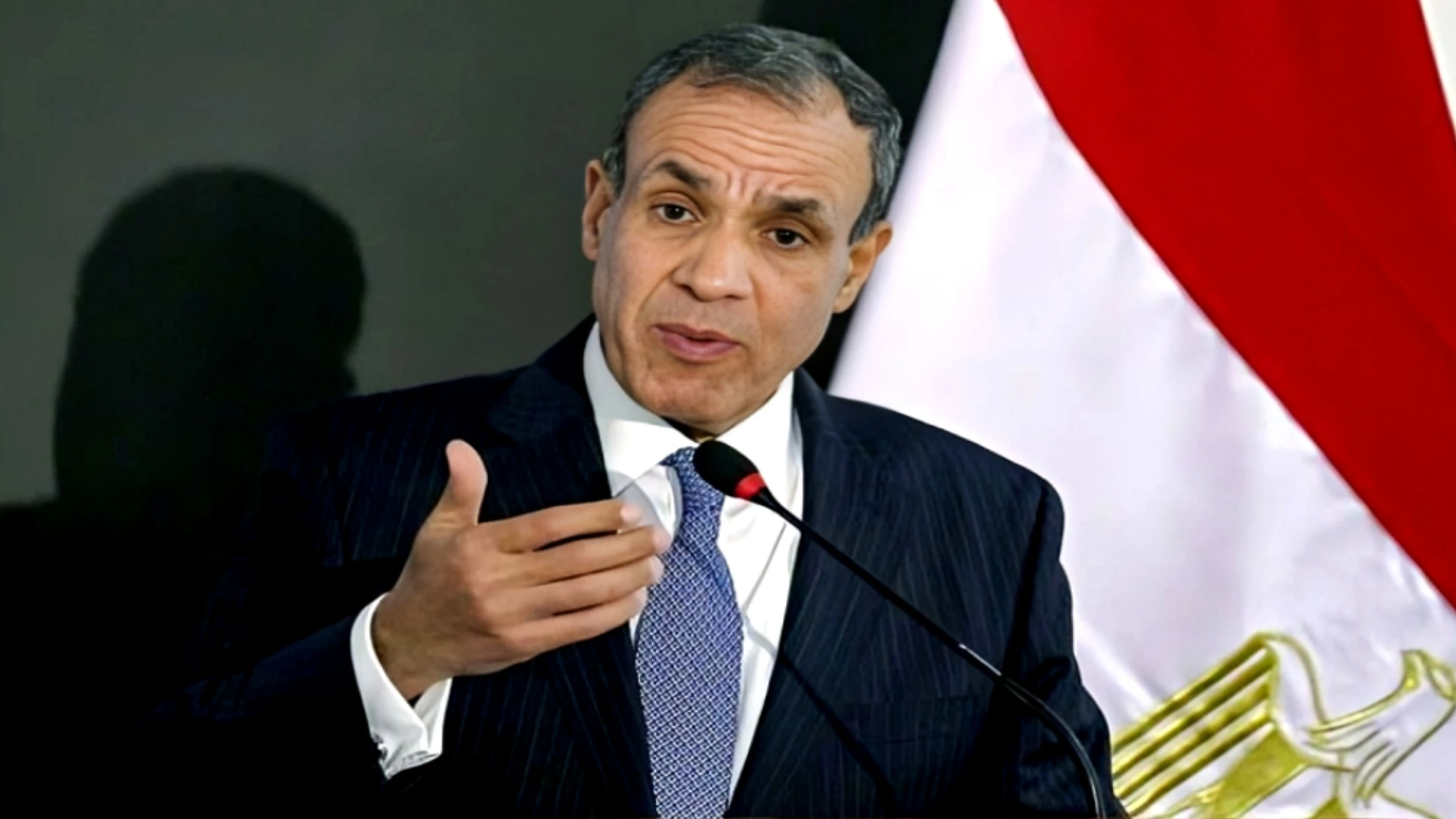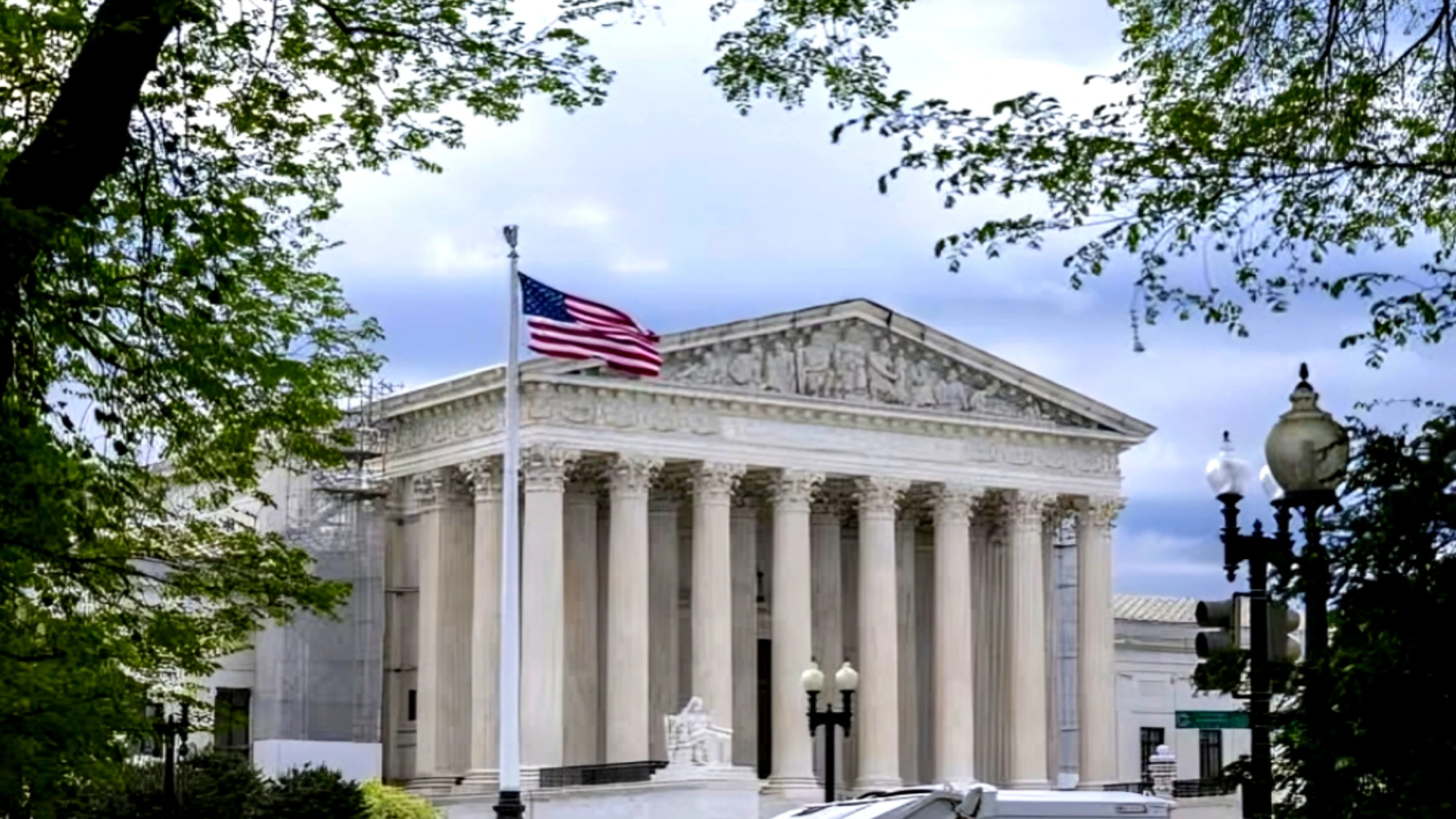Washington: In a highly anticipated and unusually tense visit, newly elected Canadian Prime Minister Mark Carney met with U.S. President Donald Trump at the White House on Tuesday. While such bilateral meetings are typically routine, this one drew global attention following Trump’s repeated offhand remarks about potentially annexing Canada as the 51st state.
The meeting quickly took on a confrontational tone when a journalist raised the annexation topic. Trump reiterated his belief that the border dividing the two countries was arbitrary and hinted at his continued interest in bringing Canada under U.S. control. Carney, clearly prepared for the moment, firmly dismissed the idea, declaring, “Canada won’t be for sale, ever.” Trump smirked and quipped, “Never say never,” prompting Carney to repeat, “Never, never, never.”
This exchange underscored the increasingly unpredictable nature of Trump’s foreign engagements, where diplomacy often gives way to spectacle. Former Irish ambassador to the U.S., Daniel Mulhall, characterized Trump’s approach as a “risk factor,” noting the dramatic shift from traditional, rules-based diplomacy.
Despite the theatrics, Carney appeared to navigate the encounter with poise—striking a balance between assertiveness and diplomacy. Trump himself seemed impressed, later telling reporters, “I like this guy.”
Carney said their discussions spanned multiple subjects and were “constructive,” even amid deep disagreements. When asked whether the U.S. would consider lifting the steep tariffs—up to 25%—imposed on Canadian goods, Trump flatly refused, insisting the tariffs would remain until U.S. demands were met.
The U.S. president also took to social media before the meeting to downplay Canada’s economic value to Washington, claiming the U.S. did not need Canadian-made cars, even those assembled in America, and exaggerated the trade deficit to $200 billion.
Carney, acknowledging the limitations of the conversation on tariffs, emphasized that the issues were part of a much broader economic dialogue. “There are much bigger forces involved,” he said. “And that’s why we’re here—to have those discussions.”
Despite the tension, both leaders described the meeting as “great,” with Trump expressing optimism about future relations.
Canada remains a vital economic partner for the United States, serving as the top export market for 36 U.S. states and supplying critical resources including oil, electricity, steel, aluminium, uranium, and 34 minerals considered strategic by the Pentagon. With 77% of its exports heading to the U.S., Canada is one of the world’s most trade-reliant countries, further highlighting the stakes of the bilateral relationship.








